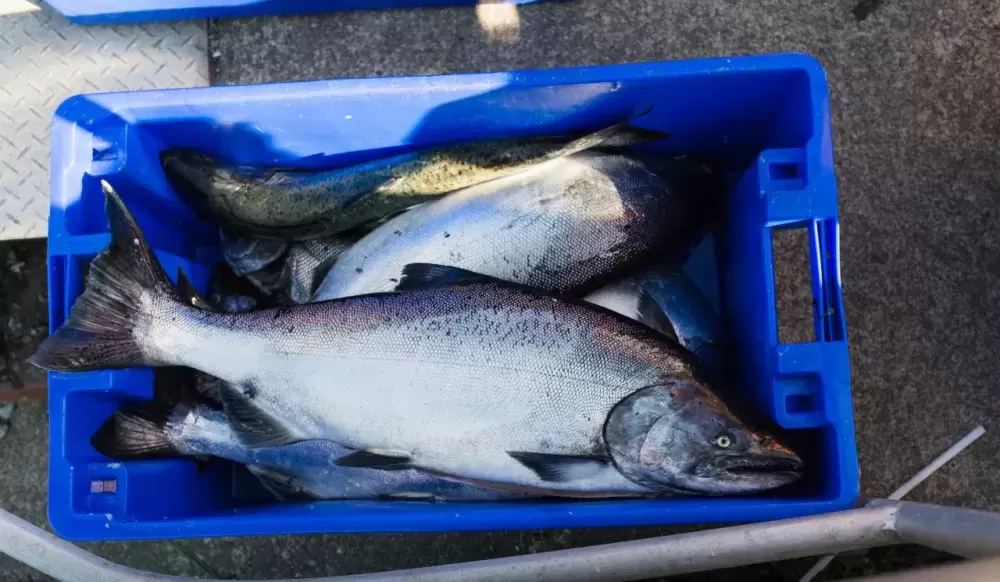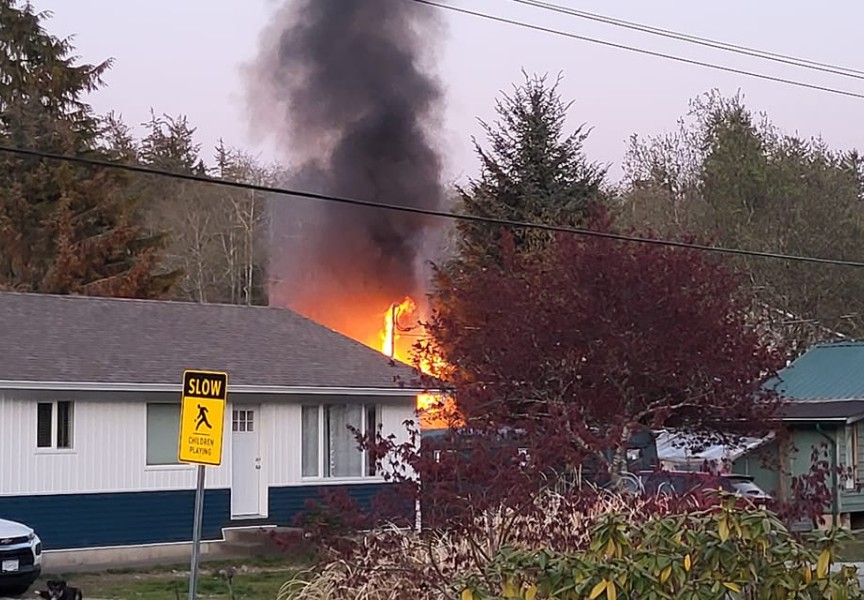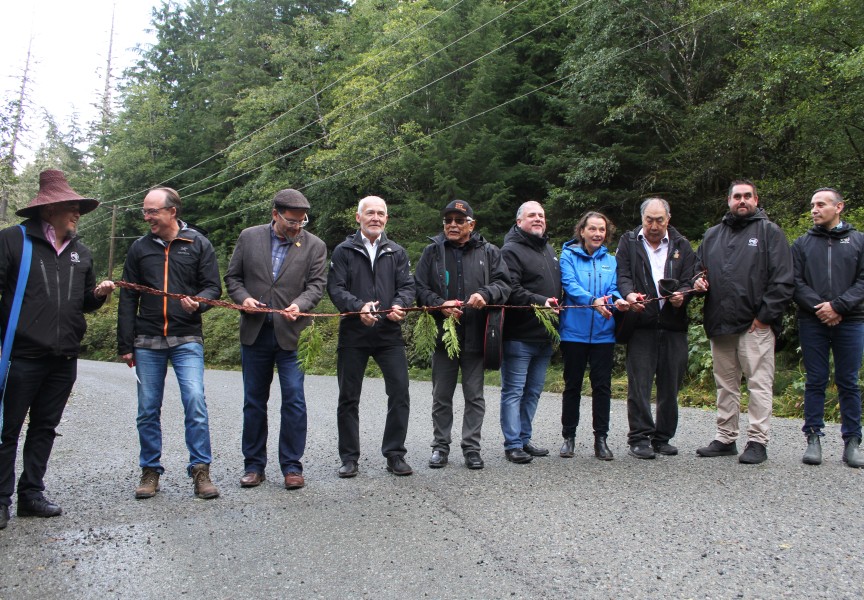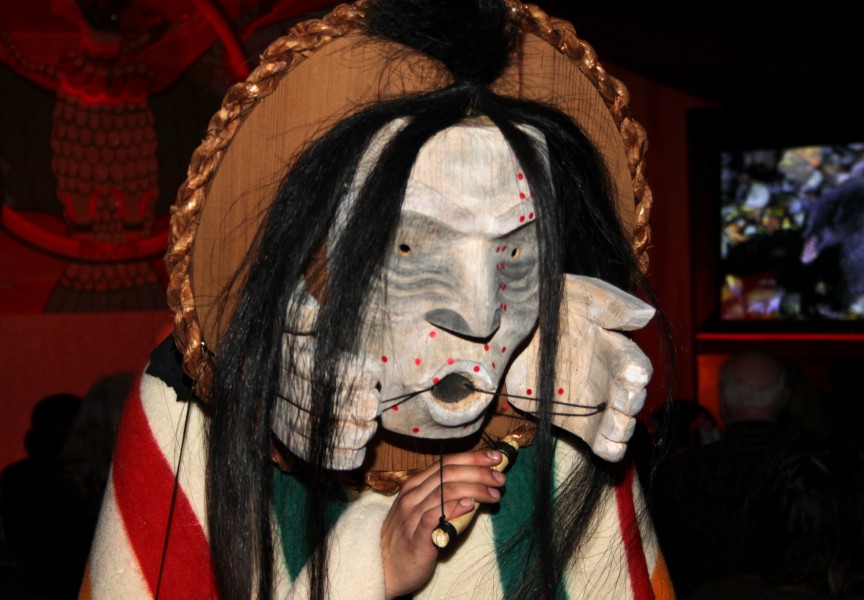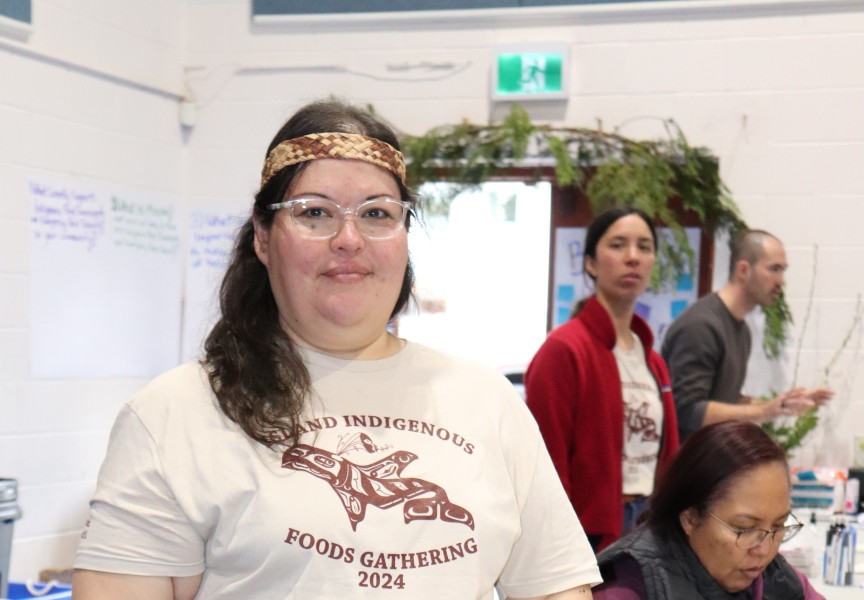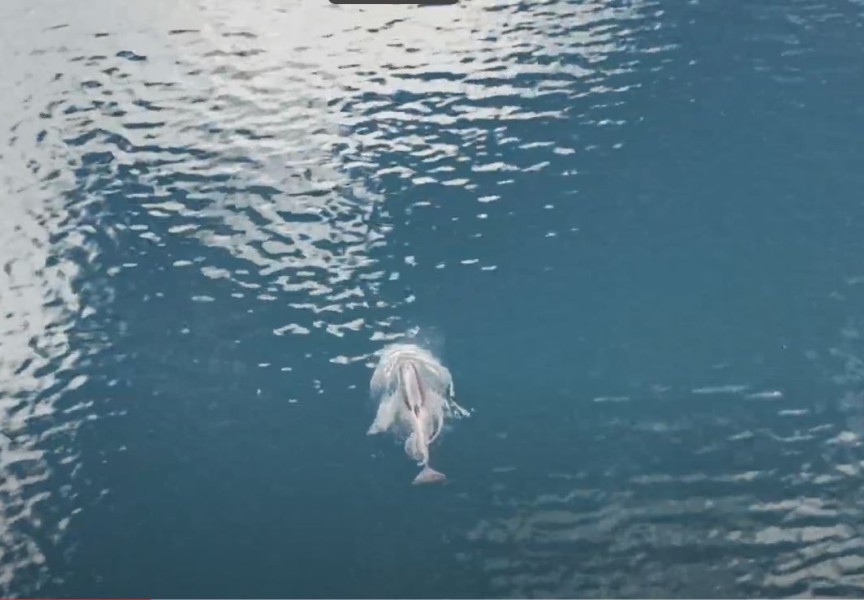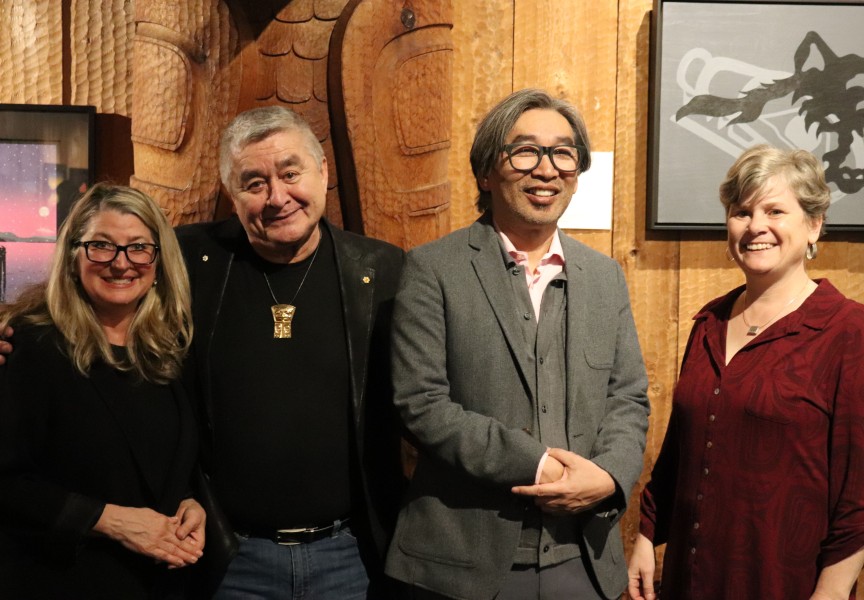Five Nuu-chah-nulth nations are among the latest recipients announced to receive support from Canada’s Coastal Restoration Fund, a national initiative established a year ago to improve aquatic habitat along the country’s three oceans.
On May 28 Fisheries and Oceans Canada announced that the Maa-nulth Treaty Society would receive $1.35 million over five years to assess watersheds and estuaries in its domestic fishing area, while restoring habitat for chinook and chum salmon on the west coast of Vancouver Island. The society is composed of the Huu-ay-aht, Toquaht, Ucluelet, Uchucklesaht and Ka:'yu:'k't'h'/Che:k'tles7et'h' First Nations, who finalised the Maa-nulth Treaty in 2011, one of British Columbia’s few modern-day treaties signed by First Nations with the provincial and federal governments.
“The Maa-nulth nations are very appreciative of Canada’s contribution toward the restoration of coastal habitats within the Ma-nulth Treaty marine waters,” said the society’s president Charlie Cootes in a statement. “We are happy to be playing a leadership role in the revitalization of estuarine habitats for salmon in Barkley Sound and Kyuquot Sound, where previous developments have adversely affected these habitats. The project is also allowing our citizens to obtain valuable experience in marine biology and habitat restoration.”
According to an internal document from Fisheries and Oceans Canada, the “historic impacts by forest harvesting activities” and road construction have led to this need for habitat repair in the five nations’ territories. This document was obtained by the Ha-shilth-Sa through a request made according to the Freedom of Information Act.
“The project will involve the assessment of watersheds and their estuaries within the Maa-nulth Domestic Fishing Area, in order to prioritize opportunities for restoration and enhancement,” read the document.
As part of the federal government’s $1.5-billion Oceans Protection Plan, the Coastal Restoration Fund was launched May 31, 2017 to improve marine habitat in Canada’s three main coastlines. After the $75-million fund was announced, applicants were given six weeks to submit their proposals, according to the DFO document. A total of 163 submissions were received, including 88 from the B.C.’s West Coast, but this was narrowed down to 74 applications deemed eligible for funding consideration.
“Preference is given to projects that are multiyear and involve a broad number of partners that include Indigenous groups,” stated the DFO in a release from September 2017.
Over 20 applications came from the west coast of Vancouver Island, but Maa-nulth is the only group based in this region to receive funding. A total of 30 projects from across Canada have been selected for the funding program.
Other successful applications from Vancouver Island include a submission from the Cowichan Tribes, which was granted $2.7 million over five years for restoration work on the Cowichan and Koksilah rivers. The project also aims to restore connections between estuaries in the Cowichan Valley to improve chinook habitat. The Comox Valley Project Watershed Society is also receiving $689,000 “to conduct an inventory of coastal habitats and restore nearshore areas to increase habitat connectivity for juvenile salmon,” stated a recent press release from the Coast Restoration Fund.
Last fall the Pacific Salmon Foundation was granted $1.2 million over three years to improve wild habitat on the west coast of Vancouver Island as well as the Fraser, Nass and Kitimat rivers on B.C.’s mainland. The foundation aims to improve habitat with the Pacific Salmon Explorer, a monitoring project that gives an overview of how salmon populations and their habitat are surviving.
While the Maa-nulth nations expect to benefit from the federal fund, a number of restoration projects tied to Nuu-chah-nulth communities will be forced to seek support elsewhere. Unsuccessful applications to the fund include a submission from the Maaqutusiis Hahoulthee Stewardship Society, which proposed to restore five watersheds in Ahousaht territory which have been affected by industrial logging dating back to the 1940s. The Island Marine Aquatic Working Group, which represents some Nuu-chah-chulth nations as well as several Coast Salish and Kwakwaka’wakw communities, was also turned down from being funded. With the help of West Coast Aquatic, this group sought to restore habitat in the Somass River, as well as recover estuaries in the territories of the Mowachaht/Muchalaht, Ehattesaht, Nuchatlaht and Ditidaht First Nations.
In late May eight British Columbia projects were announced to benefit from the Coastal Restoration Fund. All of these initiatives intend to help restore chinook habitat, which the DFO has prioritized, as this species being the preferred prey of the endangered Southern Resident Killer Whale.
“Southern Resident Killer Whales need our help in order to survive and recover,” stated Dominic LeBlanc, Canada’s Minister of Fisheries, Oceans and the Canadian Coast Guard. “We have determined that the species face an imminent threat to its survival and recovery, and we need to keep taking concrete action.”
Concrete action means cutting back on chinook catch allotments in West Coast fisheries, according to a DFO press release issued on May 24.
“A reduction in the total fishery removals for Chinook salmon of 25-30 per cent will help conserve this important species and increase prey availability for Southern Resident Killer Whales,” stated the DFO. “Fishery closures for recreational finfish and commercial salmon fisheries in portions of the Strait of Juan de Fuca and portions of the Gulf Islands, and partial closures in the mouth of the Fraser River will protect key foraging areas for these whales. Additional measures to achieve Chinook fishery reductions across the B.C. coast includes reduced harvest limits, size limits and time restrictions, and select closures to protect wild Chinook stocks of concern.”

